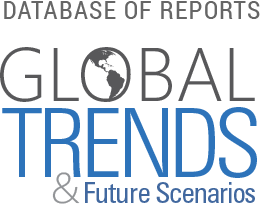
Implications of the Human Genome Project for Medical Science

Abstract
The year 2000 marked both the start of the new millennium and the announcement that the vast majority of the human genome had been sequenced. Much work remains to understand how this “instruction book for human biology” carries out its multitudes of functions. But the consequences for the practice of medicine are likely to be profound. Genetic prediction of individual risks of disease and responsiveness to drugs will reach the medical mainstream in the next decade or so. The development of designer drugs, based on a genomic approach to targeting molecular pathways that are disrupted in disease, will follow soon after. Potential misuses of genetic information, such as discrimination in obtaining health insurance and in the workplace, will need to be dealt with swiftly and effectively. Genomic medicine holds the ultimate promise of revolutionizing the diagnosis and treatment of many illnesses.
Until recently, many physicians and other health care professionals considered medical genetics as the province of specialists in tertiary care medical centers, who spent their time evaluating unusual cases of mendelian disorders, birth defect syndromes, or chromosomal anomalies. Asked whether genetics was a part of their everyday practice, most primary care practitioners would say no. That is all about to change.
- Issues:
- Health, Technological innovation
- Region:
- Global
- Year Published:
- 2001
- Authors:
- Francis S. Collins, Victor A. McKusick
- Institution:
- Journal of the American Medical Association (JAMA)

